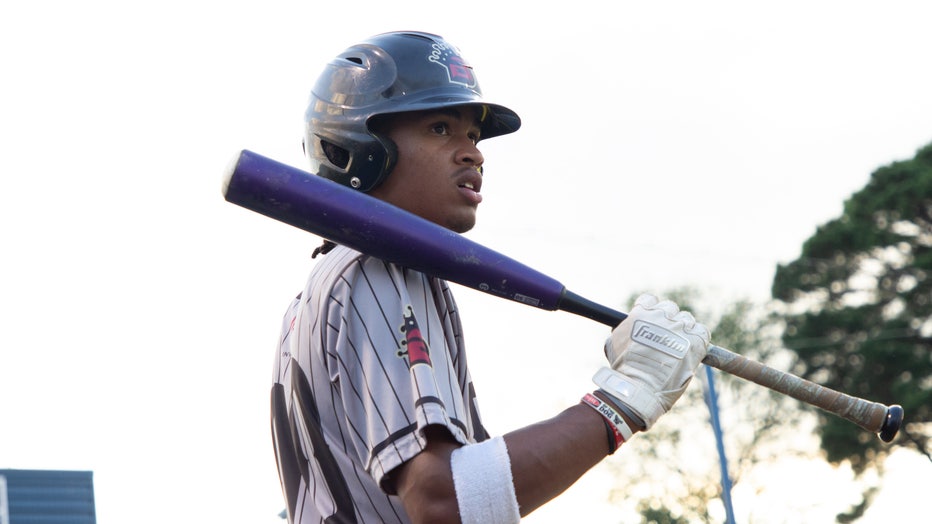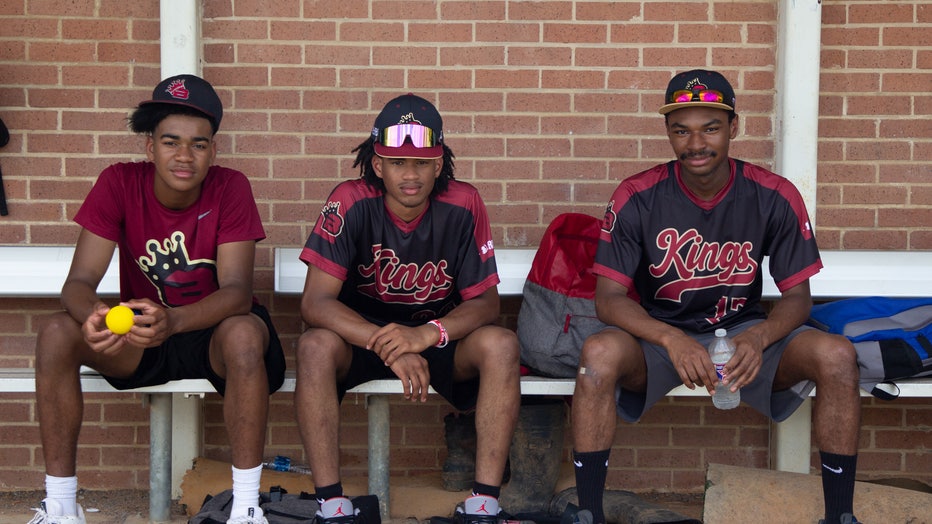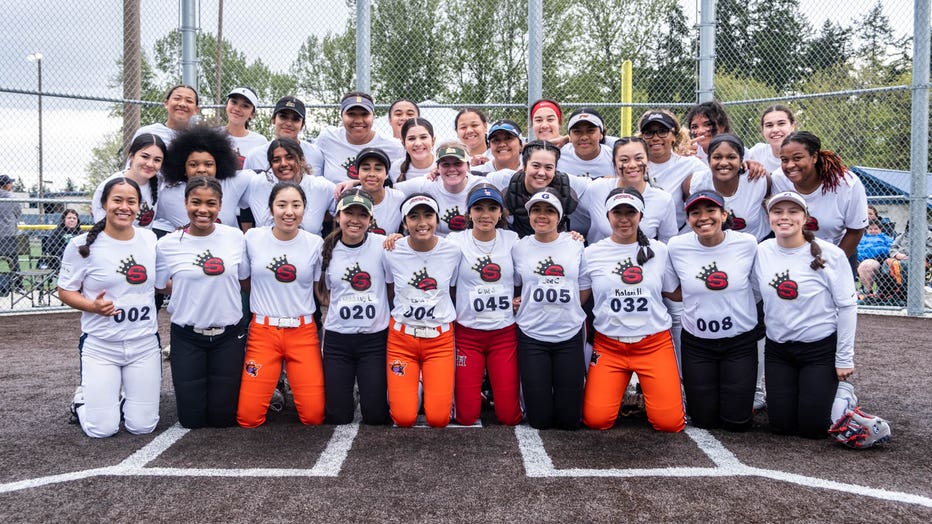Soul of the CD: Baseball Beyond Borders exposing kids of color to baseball and softball

Soul of the CD: The push for inclusivity in baseball
Since starting in 2014, Baseball Beyond Borders has served over 200 student-athletes and 98% of them have graduated from high school on time.
SEATTLE - Baseball is a game of failure. But kids of color often strike out, before ever stepping foot in the batters box.
"For me to be able to experience baseball at the highest level I didn’t do it here," said Bookie Gates. "I did it here up to 12 years of age then I had to be removed to another community."
Bookie Gates grew up playing baseball at the historic Garfield Ball Fields. But to get called up to the next level he had to leave his home in Seattle’s Central District.
"I’m grateful for the opportunity to go play baseball on the Eastside," said Gates. "It gave me what I needed to know. But my peers were over here struggling. They didn’t have the same opportunity. They were far better than me. They had more talent, had more skill and more ability. But they didn’t have the access.

Gates is making sure the next generation has access to the game he loves. After playing for Washington State and later in the Big Leagues, he’s returned to the CD to launch Baseball Beyond Borders.
Only 6.1% of Major League Baseball players on this year’s opening day rosters were Black. That’s the smallest percentage since 1955, according to USA Today sports. Those low numbers are reflected in local communities and little leagues.
"I think it [baseball] skipped a generation," said Gates. "There was a thriving group of folks playing baseball. And at some point, the emergence of basketball, soccer and other sports even football year-round has kind of taken over."

Once you get beyond the little leagues, baseball gets very expensive. Travel ball can cost up to $3,500 in King County. Baseball Beyond Borders operates on a pay-what-you-can-model. Those cost are off set through a combination of fundraising, sponsorship and the occasional grant. But the main goal of this organization is to prepare their student athletes for life outside the diamond.

Softball is currently the fastest growing NCAA sport. Baseball Beyond Borders has expanded to softball, addressing gender inequity in sports.
"School is hard, baseball is hard also," said Kingston Edwards, who plays shortstop for the Baseball Beyond Borders program. "Baseball is a game of failure. And Baseball has helped me get out of struggles. So sometimes if I’m struggling in school, I can reflect on baseball and how I get out of slumps. Which helps me a lot. "
Softball is currently the fastest growing NCAA sport. Baseball Beyond Borders has expanded to softball, addressing gender inequity in sports.
"Softball is a mental game," said softball player Brianna Reyes. "There are a lot of ups and a lot of downs. Going from being in slumps to making errors. You get mentally stronger. That helps you as a person on and off the field."
Since starting in 2014, Baseball Beyond Borders has served over 200 student-athletes and 98% of them have graduated from high school on time.

